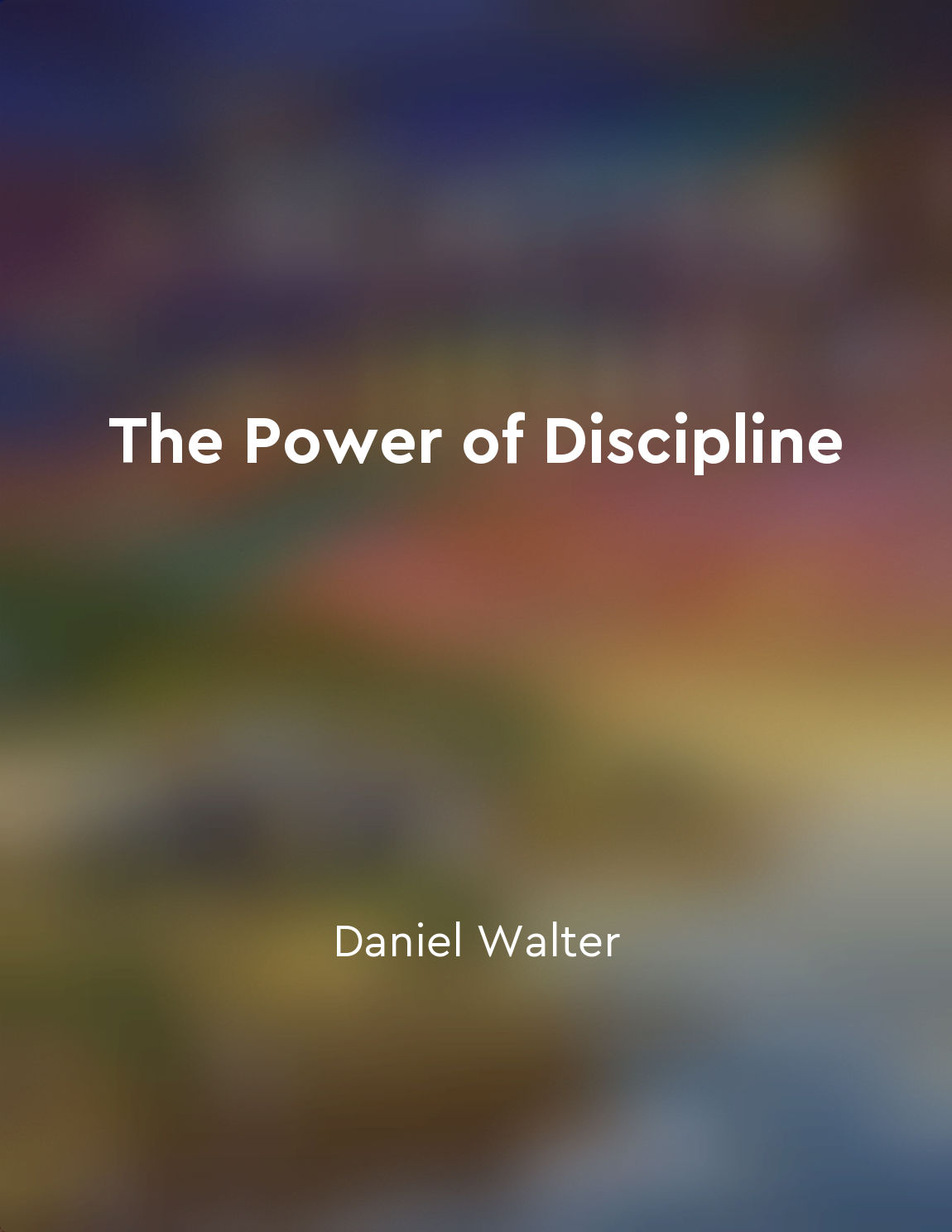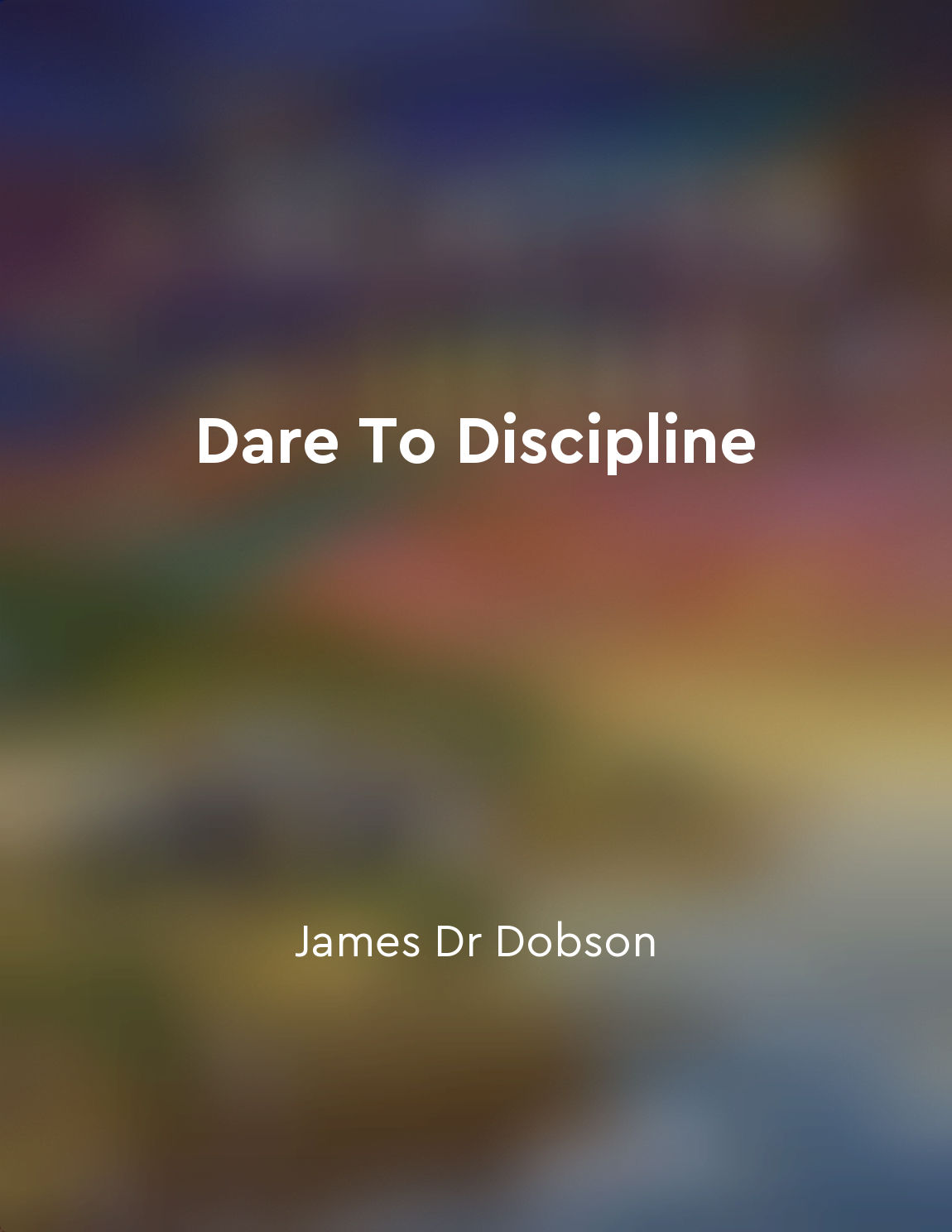Institutions enforce disciplinary power from "summary" of Discipline and Punish by Michel Foucault
Disciplinary power is a mechanism through which institutions assert control over individuals. This power is not merely restrictive, but also productive, shaping the behaviors and identities of those subjected to it. The enforcement of disciplinary power is pervasive, operating within a variety of institutions such as schools, prisons, and hospitals. These institutions are not neutral entities, but rather active agents in the regulation and surveillance of individuals. Disciplinary power operates through a system of observation, examination, and correction. Individuals are constantly monitored and assessed, with their actions subject to scrutiny and judgment. This surveillance is not limited to overt forms of discipline, but extends into the very fabric of everyday life. Through a network of regulations and norms, institutions shape the conduct of individuals, guiding them towards desired behaviors and outcomes. The enforcement of disciplinary power is not solely punitive, but also aims to produce docile and obedient subjects. Institutions seek to mold individuals into compliant and manageable entities, capable of functioning within the confines of societal norms. This process of normalization involves the internalization of disciplinary mechanisms, leading individuals to self-regulate their behavior in accordance with institutional expectations. Institutions wield disciplinary power through a range of techniques, including hierarchical structures, spatial arrangements, and temporal schedules. These mechanisms serve to regulate the movements and interactions of individuals, ensuring that they conform to prescribed modes of conduct. By imposing a sense of order and discipline, institutions assert their authority over individuals, reinforcing the power dynamics inherent within society. The enforcement of disciplinary power is a subtle and insidious process, operating beneath the surface of everyday life. Through a combination of surveillance, regulation, and normalization, institutions shape the behaviors and identities of individuals, exerting control over their thoughts and actions. This power is not overtly coercive, but rather operates through a complex web of mechanisms that subtly guide and shape the conduct of individuals.- Disciplinary power is a pervasive force within institutions, shaping the behaviors and identities of individuals through a system of surveillance, regulation, and normalization. By enforcing discipline, institutions assert control over individuals, molding them into compliant and obedient subjects. The mechanisms of disciplinary power operate through a range of techniques, subtly shaping the conduct of individuals and reinforcing the authority of institutions within society.
Similar Posts
Men must embrace vulnerability
Men have been socialized to believe that vulnerability is a sign of weakness. Many men have been taught to suppress their emoti...
Show empathy and understanding
When dealing with a child's misbehavior, it is crucial for parents to show empathy and understanding. This means putting yourse...
Building rapport is crucial in persuasion
Building rapport is crucial in persuasion. When attempting to persuade someone to see things from your perspective or to take a...

The tipping point is a crucial moment for catalyzing change
The tipping point represents that magic moment when an idea, trend, or social behavior crosses a threshold, tips, and spreads l...
Freedom requires individual sovereignty
Freedom can only be achieved when the individual possesses sovereignty. This is because true freedom requires the ability to ac...
The market economy empowers individuals
In a market economy, individuals are free to make their own choices about how to utilize their resources. Through the process o...

Surrounding yourself with supportive people aids in discipline
Discipline is essential for achieving our goals, but it can be challenging to maintain on our own. One way to make discipline e...
Building rapport is essential in gaining influence over others
Building rapport involves establishing a sense of mutual liking and trust between individuals. When people feel connected to ea...
We are all seeking validation and connection
In a world where we are constantly bombarded with images and messages telling us how we should look, act, and feel, it is no wo...

Discipline should be tailored to the child's personality
Discipline should be tailored to the child's personality. Each child is unique and responds differently to discipline. What wor...

